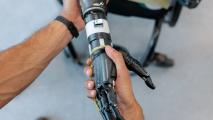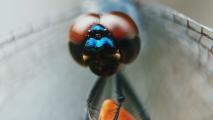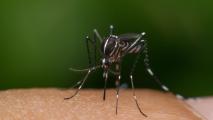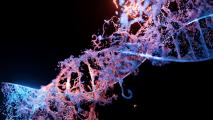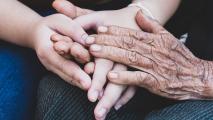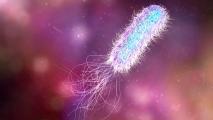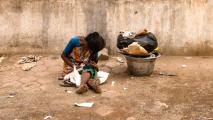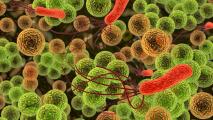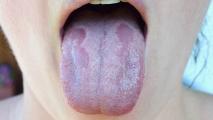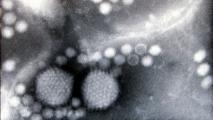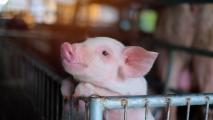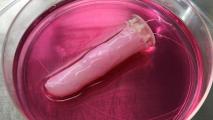
Biotech
Human history has been all but defined by death and disease, plague and pandemic. Advancements in 20th century medicine changed all of that. Now advancements in 21st century medicine promise to go even further. Could we bring about an end to disease? Reverse aging? Give hearing to the deaf and sight to the blind? The answer may be yes. And soon.
More
Is our world ready for mind-controllable robotic body parts?
Advanced neuroprosthetics are here, and they could hook our brains into the Internet of Things.
A groundbreaking solution could unleash our hydrogen future
German researchers have created genetically engineered bacteria that can rapidly store and release hydrogen fuel.
Moms’ “super-antibodies” point the way to new antibody medicines
Pregnancy bestows on babies enhanced antibodies that can protect against a broader range of disease. Now, we know how.
Magic mushrooms evolved to scramble insect brains, send them on wild, scary trips
Researchers discovered that the way fungi independently gained the ability to produce psilocybin is because of horizontal gene transfer.
Future tech could 3D print objects inside your body
Direct sound printing could one day allow doctors to build medical implants inside patients’ bodies instead of surgically placing them.
A vaccine against mosquito saliva may be the key to stopping their diseases
University of Leeds researchers have identified a compound in mosquito saliva as a potential target to protect against multiple viruses.
New test tells you how many T cells for COVID-19 you have
A new blood test that measures a key indicator of COVID-19 immunity could help you assess your risk of a coronavirus infection.
New CRISPR-based map ties every human gene to its function
Researchers used a single-cell sequencing tool Perturb-seq on every expressed gene in the human genome, linking each to its job in the cell.
The age reversal tech that billionaires are banking on
How long can a human being not only live but thrive? A race to find out involves some of the biggest names (and bank accounts) in tech.
A smart bomber for bacteria could help save antibiotics
Brown University researchers have developed a “smart” drug delivery system that only releases its payload when bacteria are present.
Handheld antibody tester could reveal if you’re immune to COVID
Hong Kong researchers have developed a handheld COVID antibody testing device more capable than current home tests.
Theory of mind: What chess and drug dealers can teach you about manipulation
Every social interaction is a game of chess, trying to get inside someone’s head to navigate what they are thinking or what they will do.
We need to know about progress if we’re concerned about the world’s large problems
Our World in Data explains their mission to publish the “research and data to make progress against the world’s largest problems.”
Tiny nanoscale drills can bore holes right through bacteria
Rice University researchers have developed tiny, bacteria-boring drills in an effort to stop superbugs.
The key to fighting fungal infections may have been inside us all along
MIT researchers have discovered that complex molecules in mucus can keep fungal infections in check.
“Stealth bomb” for cancer unlocks powerful immune attack
A “masked” cancer drug stealthily trains immune system to kill tumors while sparing healthy tissues, reducing treatment side effects.
Gene therapy fixes rare heart disorder with clever workaround
Cleveland Clinic researchers have developed a gene therapy that cured arrhythmias in mice.
Chinese robot clones pigs with no human help
A robot that automates a common technique for animal cloning has been used to produce a litter of pigs in China.
Stimulating deep sleep may improve brain health, memory, and mood
Researchers are trying to harness deep sleep to bolster the glymphatic system, which helps flush brain tissue.
Self-healing robot skin created out of human cells
University of Tokyo researchers have created a living skin, made from human cells and collagen, for a robotic finger.
Get inspired with the most innovative stories shaping the world around us.













